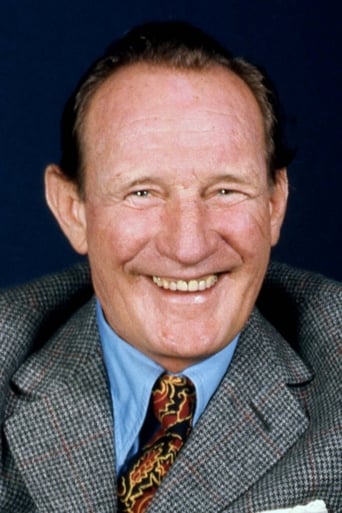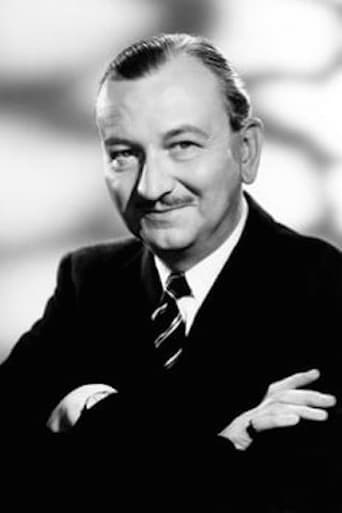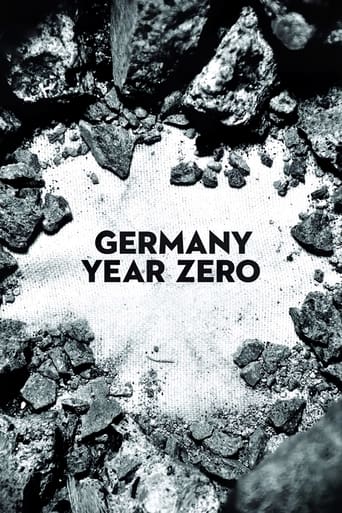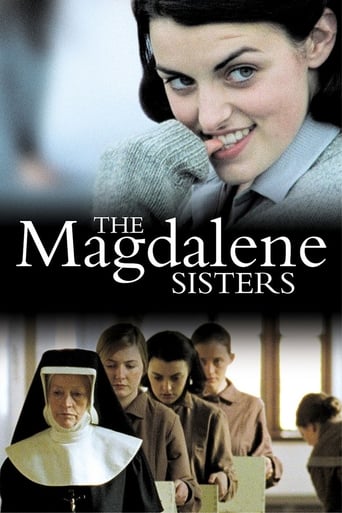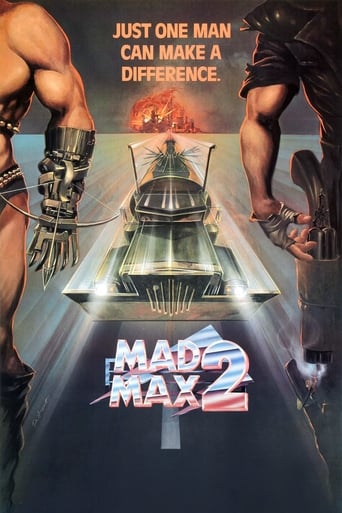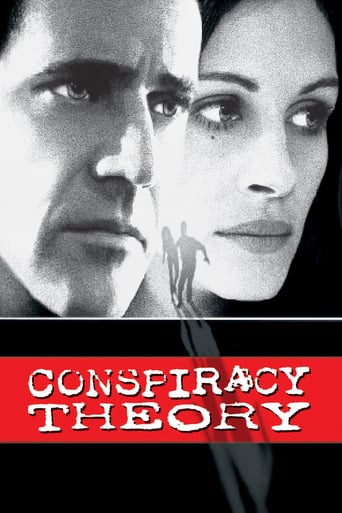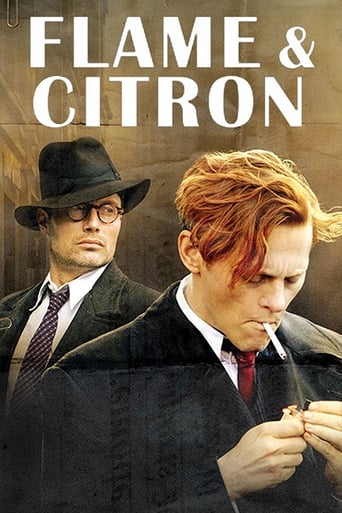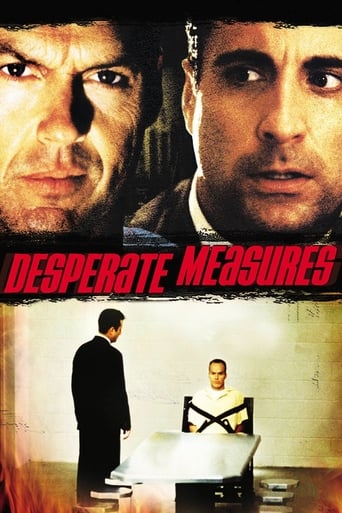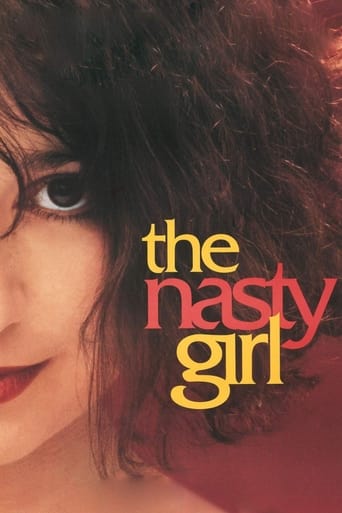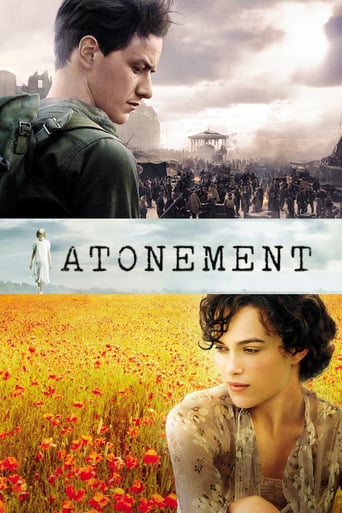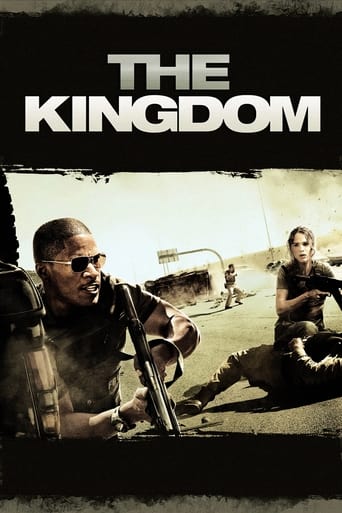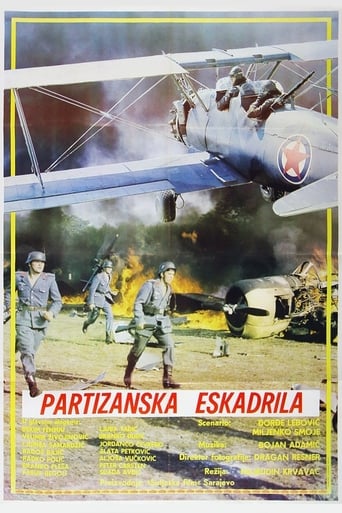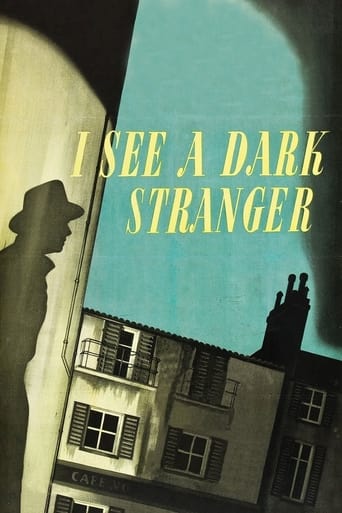
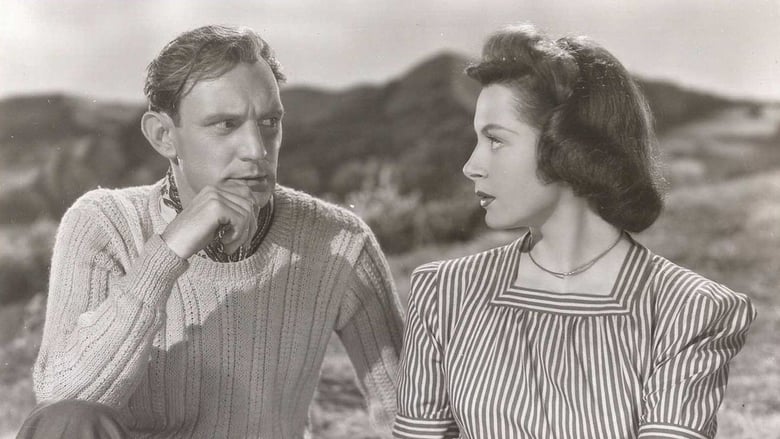
I See a Dark Stranger (1946)
Determined, independent Bridie Quilty comes of age in 1944 Ireland thinking all Englishmen are devils. Her desire to join the IRA meets no encouragement, but a German spy finds her easy to recruit. We next find her working in a pub near a British military prison, using her sex appeal in the service of the enemy. But chance puts a really vital secret into her hands, leading to a chase involving Bridie, a British officer who's fallen for her, a German agent unknown to them both, and the police...paralleled by Bridie's own internal conflicts.
Watch Trailer
Cast


Similar titles
Reviews
One of the first films concerning D-Day, this is a very entertaining spy thriller written by Frank Launder (who also directed) and Sidney Gilliat. It is the only film that I ever seen dealing with the issue of the Irish Free State's neutrality in World War II, albeit somewhat indirectly, and the only one that I am even aware of so this Irishman found it very interesting on that score, particularly since my PhD thesis concerns Irish society and the way that it shaped Irish law from the 1920s to the 1940s. The film's first half was certainly its strongest as I found the introduction of the bumbling Goodhusband and the more competent Spanswick to be slightly distracting. When they arrived on the scene, it became something of a farce as opposed to a thriller with some comedic elements. The film bears some superficial similarities to Launder and Gilliat's earlier and better written film "The Lady Vanishes". Goodhusband and Spanswick are essentially less funny versions of Charters and Caldicott.Deborah Kerr is wonderful in the lead role of Bridie Quilty, an extremely nationalistic 21-year-old Irishwoman who was raised on a diet of her late father's tall tales about his alleged participation in the 1916 Rising and the Irish War of Independence. Taking the old Fenian motto "England's difficulty is Ireland's opportunity" to heart, she attempts to join the IRA. However, she is rebuked by Michael O'Callaghan, a former senior republican who has become the curator of an art gallery, who now believes that peaceful, constitutional means should be employed in Anglo-Irish relations. I don't know if he was based on any Irish figure in particular but this was a fairly common story among less radical members of the republican elite in 1940s Ireland, many of whom were or had been in government. Her dreams of joining the IRA dashed, she becomes a spy for the Nazis. In spite of this, however, Bridie remains a sympathetic character as it is clear that she is essentially a good person and that her romanticised ideas about Ireland and fighting the British are being manipulated by the British fascists in the Germans' employ. While I doubt that any of them were as naive as Bridie, this is based on the fact that there was cooperation between IRA members and the Abwehr, the Nazi intelligence service, during the war. Kerr's Irish accent is absolutely pitch perfect in every respect. I have never heard a better Irish accent in any film or TV series, which is refreshing that since many of them are very bad.The quintessential Englishman Trevor Howard is very good as David Baynes, a British Army officer to whom Bridie takes an instance dislike for the sole reason of his nationality. Things get even worse when she discovers that he is writing his thesis on Oliver Cromwell, easily the most hated figure in Irish history. Kerr and Howard have great chemistry and their combative relationship is joy to watch. However, over the course of the film, Bridie comes to appreciate that the British are not all bad as she and David gradually fall in love. She comes into the possession of information concerning the location of the D-Day landings which she was supposed to pass on to the Germans but she decides against it after she realises that she would responsible for the deaths of thousands of British and, more importantly to her, Irish soldiers. The film features great appearances from Raymond Huntley, Brefni O'Rourke, Norman Shelley, David Tomlinson, Joan Hickson and George Woodbridge. With the exception of Bridie herself, all of the Irish characters are played by Irish actors and I appreciated that even though none of them have a big role. I have to say though that I'd have preferred if David Niven had been the male lead since he was a better actor than Howard. Plus he was even more quintessentially English! The film does an excellent job at capturing the colloquialisms of Irish English such as beginning sentences with "ara" when disagreeing with someone and saying "at all at all." These days, such expressions are typically only used by older people, particularly ones from rural areas, but they were considerably more common when the film was made and set. The early and closing parts of the film were actually shot in Ireland, specifically Dublin, Wexford and Louth. When it came to the Dublin scenes, I saw numerous places that I recognised such as the exterior of Heuston Station (or Kingsbridge Station as it was then) and O'Connell Street. The former has not changed since the building was already a century old by then but O'Connell Street has changed quite a bit. Most notably, Nelson's Pillar, which was destroyed by the IRA in 1966, is clearly visible. It also features references to Raidio Éireann, the precursor to RTÉ, and well known Irish figures such as Padraig Pearse, James Connolly, J.M. Synge and Jack B. Yeats. Considering that I don't typically watch Irish films or TV (bar current affairs) since most of them aren't very good, it is a bit of a novelty to hear these things mentioned in a film or, for that matter, to see places that I visit on a regular basis.Overall, this is a very good film but it would have been an even better one if it had maintained its more serious tone throughout rather than introducing more farcical elements. The ending is a little silly. Incidentally, of the three D-Day related films that I have watched in the last two months, this is the only one not to feature an actual D-Day veteran in the cast as Richard Todd appeared in "The Longest Day" and James Doohan appeared in "36 Hours".
This movie has something for every taste and could fall into several classifications. In addition to the website heading of Drama, Thriller and War it could also be a Comedy, Adventure or even a Film Noir. It is very entertaining and characteristically well done under the Launder-Gilliat banner.I think, though, that it could have a higher rating if it could have decided exactly which genre it should fall under. It is an absorbing picture until, at a very inopportune moment it decides to inject a bit of humor into a scene, thereby killing the mood as well as the tension. I wished it had taken itself seriously as it could have been and excellent WWII spy picture. As is, it is a good enough as a comedy/drama which goes about its business with tongue firmly planted in cheek. Deborah Kerr is the central character as Bridie Quilty, an idealistic Irish lass who wants to work for the IRA. She carries the picture and Trevor Howard along with her. There is also a wonderful cast of supporting actors who boost the proceedings immeasurably, and I wonder if some are from Dublin's Abbey Theatre, so capable are they in their roles. No other complaints, and I would recommend it to film fans who enjoy a potpourri of genres in their movies.
Frank Launder directs an enjoyable comedic drama starring the lovely Deborah Kerr, who plays Bridie, an unsophisticated Irish lass with an inherited hatred toward the British. When she reaches 21, she leaves her tiny village and travels alone to Dublin in hopes of signing up to fight the British only to find out that Ireland is not exactly fighting the Brits at all. She returns home disappointed, but still full of fight. Somehow she gets involved with a Nazi secret agent and agrees to carryout his mission against their common foe.Scenery and atmosphere fitting with the intrigue. Kerr is excellent and has a way of playing comedy with a straight face. Or maybe its just the role that lacks sophistication. There is no doubt about her camera appeal. Also starring are: Trevor Howard, Raymond Huntley, Norman Shelley, Tom Macaulay and Liam Redmond.
I don't usually go for old movies, but I saw this one today (I hadn't even heard of it before and the name sounded ridiculous). But I must say I eventually found the movie to be quite engaging. It's Deborah Kerr's show all the way. Trevor Howard was someone whose name I'd heard and I was a bit surprised at how he looked! I always thought leading men of the 50s were supposed to be very handsome, like Gregory Peck or Mongomery Clift. The best scene in this movie is where Deborah is wheeling this dead body from a hotel to the cliffs to dispose of it. On the way she passes by a cinema (or is it a play house) where the show's just finished and a stream of people come out. Then there's a cad who makes a move on her and then there's policeman who rescues her and then tries to talk to the dead body (who she's trying to pass off as her wheelchair bound grandfather).



